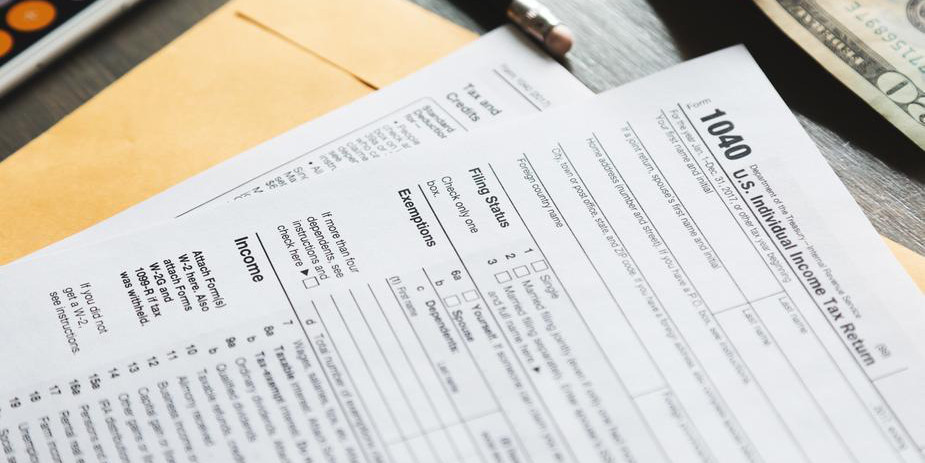Running a tax preparation business means being responsible for Keeping Tax Records. You heavily rely on the information from them as they indicate your clients’ financial situation. Keeping old documents can easily make your office cabinets and desk drawers overcrowded, but failing to retain these records could subject you to a penalty, especially when the returns are questioned by the Internal Revenue Service (IRS).
As a tax professional, you may be wondering how long should you Keeping Tax Records. Use this article as your guide to determine which Keeping Tax Records to keep or throw away and give accurate and up-to-date information to your clients about their documents.
Unreported Income
Your client should keep relevant records for at least six years if they fail to report all of their income amounting to 25 percent or more of the amount shown on the return. This is because the IRS may assess their tax return up to six years later. Meanwhile, remind your client to accurately report all of their income accurately and honestly at all times.
Employment Keeping Tax Records
If you have a client who owns a business with their employees, their employment Keeping Tax Records must be kept safe for at least four years after the date that the tax is paid or becomes due. Some information that should be included in these records is employer identification numbers, amounts and dates of all wages, employees’ names, addresses, and occupations, and more. Refer to the list from the IRS for compliance.
Most Keeping Tax Records
The period of limitations for the IRS to assess a tax return is three years. Therefore, your client who has paid their taxes on time and never failed to file a return must keep their records for at least three years from the time their tax return was due.
Unfiled and Fraudulent Returns
Your client should keep their records indefinitely if they have failed to file a tax return or filed a fraudulent tax return. This way, they can prepare for an audit or investigation at any time. Advise them to save themselves from the hassle associated with this situation in the first place by filing accurate tax returns annually.
What Records Do Tax Preparers Need to Keep?
As a Keeping Tax Preparer, you request all relevant financial records for the tax years that you will be preparing the return for. A copy of the main tax return should be provided to the client after completing the tax return. However, you should keep a copy of the following supporting documents in physical or electronic form:
- Bank statements
- Client-prepared tax return checklist
- Documentation on income from investments
- General ledgers
- Main tax form
- Supporting tax schedule
- Tax work papers
- Receipts
- Other relevant financial documents
Conclusion
To sum it all up, as a tax preparer, you are required to hold onto your clients’ tax returns along with their supporting documents for a minimum of three years. You may have to keep tax-related documents for much longer depending on the information they contain and the kind of transactions involved. Safekeeping these records is important because you may need them to get your clients ready for an audit and provide them with the best tax preparation service.
Offer a better service to your clients using our professional tax software. At Keystone Tax Solution, our platform uses cloud-based, paperless technology, and unlimited customer support. Try our free demo today!


